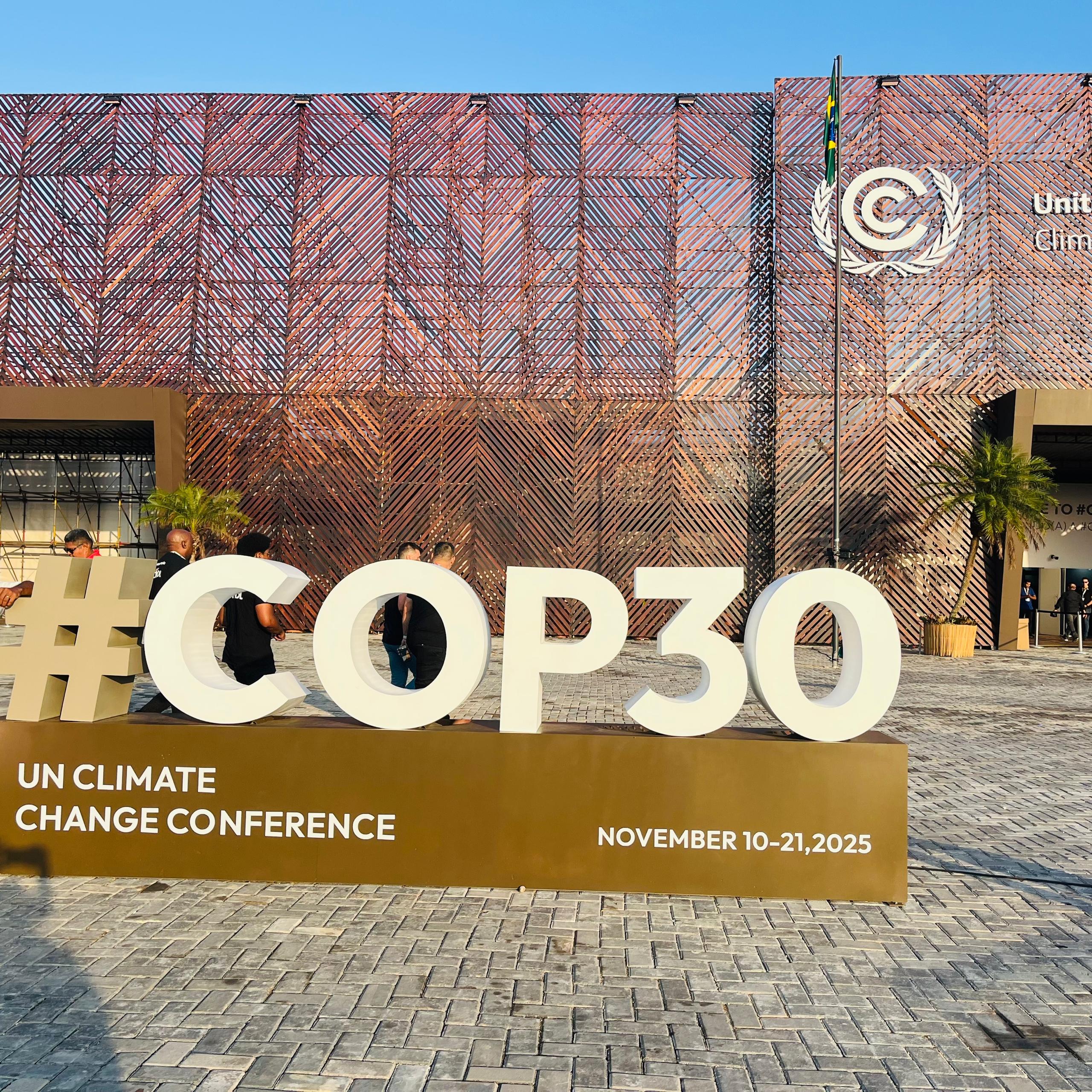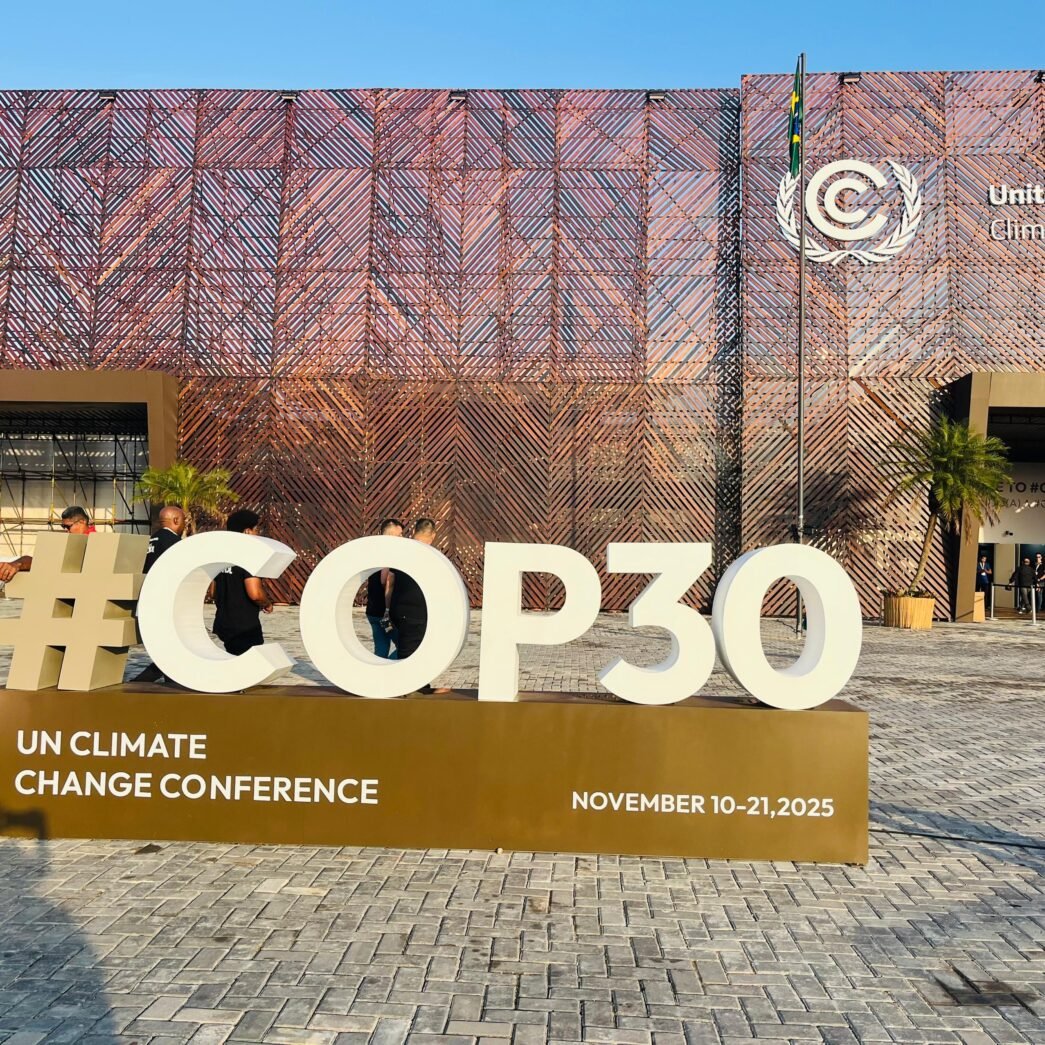Nigeria stands at a crossroads—between the shimmering promise of a green tomorrow and the stubborn pull of its petroleum-powered present. As global leaders chant the gospel of “net-zero,” the world’s most populous Black nation finds itself caught in a paradox: a zealous advocate for climate action, yet deeply dependent on the very fossil fuels the world now demonizes.
Recently, Nigeria has become noticeably vocal in the global climate space. At Conferences of the Parties (COP) summits and international fora, the country speaks passionately about cutting greenhouse emissions, promoting clean energy, and phasing out petrol. The recent move by the Nigerian Senate to establish a legal and policy framework for transitioning from petrol-powered vehicles to electric ones marks a symbolic step in the right direction. The bill, sponsored by Senator Orji Uzor Kalu, seeks to set a timeline for the complete phasing out of all petrol-powered activities. It paints the image of a nation ready to evolve. But scratch beneath the surface, and one finds a far more complicated story.
At the recent COP30 Leaders’ Climate Summit in Belém, Brazil, Vice President Kashim Shettima captured this global urgency in poetic truth: “The Earth speaks to us—not in words, but through the devastations we witness every day; through the floods that wash away entire communities; the droughts that parch our farmlands; and the heatwaves that choke our cities.” He reminded the world that Nigeria stands firm with the global community “to heal, to restore, and to sustain this place we call home.” Yet, behind these lofty commitments lies a harsh Nigerian reality that cannot be ignored—one of economic fragility, infrastructural deficits, and widespread poverty. Listening to the Vice President’s address, one might, out of sheer naivety, believe it signifies the country’s readiness to go green.
Let’s be honest with ourselves: is Nigeria truly ready to go fully green? Can we afford to pull the plug on our most reliable source of national revenue—crude oil—without first securing a solid economic lifeline? Over 85% of Nigeria’s export earnings and nearly half of government revenue still flow from petroleum sales. Talk of abandoning fossil fuels, therefore, sounds noble but also perilous. It is like setting sail on a stormy sea without an anchor.
Advertisement
Then comes the question of affordability. Electric vehicles, the supposed flagships of this green revolution, remain financially beyond the reach of the average Nigerian. A nation where the minimum wage is ₦70,000 monthly—and even that is irregularly paid across sectors, both public and private—cannot be said to be ready to migrate to a future where mobility depends on battery-powered sedans that cost millions of naira. Even in China, the United States, and Germany—the global champions of electric mobility, fossil fuels still play critical roles in powering industries, homes and ensuring energy security.
The irony deepens when we look inward. The common man, already battered by inflation and subsidy removals, still struggles to afford cooking gas. Charcoal and firewood, therefore, remain his refuge—not by choice, but by necessity.
About two weeks ago, I traveled to Abuja via the Mokwa–Bida–Minna road and on my return through Agaie–Lapai–Bida. Along the way, I saw countless bags of charcoal stacked for both local consumption and export—to God-knows-where. It was a stark reminder of the level of deforestation ravaging our landscape, erasing whatever modest gains might have been made in environmental restoration efforts. In a country where there is no clear-cut policy to make LPG more affordable, “readiness” is not a word that should be mentioned in the same sentence as Nigeria. When clean cooking energy is still a luxury, how realistic is the dream of a nationwide transition to electric cars or solar-powered homes, which are far more capital-intensive?
Advertisement
Nigeria’s problem is not a lack of will; it’s a deficit of readiness. We want to be considered climate-conscious, but we haven’t built the economic scaffold to support such a lofty dream of transition. Our power supply remains, at best, erratic. Our manufacturing sector depends on diesel generators, and our public transport system still runs on petrol. To leap into full-scale green energy under these conditions would be like building a skyscraper on sand. Who can say, with any certainty, that charging those electric vehicles would not require generators powered by diesel or petrol? Are we not, in that case, robbing Peter to pay Paul?
So, what path should Nigeria take?
The answer lies in pragmatism, not posturing. Nigeria must pursue a dual-track strategy: maintain responsible use of fossil fuels while aggressively investing in renewable energy infrastructure. This means refining our crude locally to stop the hemorrhage of foreign exchange while simultaneously channeling part of our oil revenue into solar, wind, and hydro projects—with a reasonable and realistic timeline.
We must also champion affordable clean energy for households by deliberately making LPG, solar cookers, and energy-efficient appliances available, accessible, and affordable to low-income earners. Only when “clean living” becomes cheaper than “dirty living” will the green revolution truly take root.
Advertisement
The world is racing toward a carbon-free future, but each nation must run at its own sustainable pace. For Nigeria, the race should not be about keeping up appearances. It should be about survival and sovereignty.
Perhaps we should still fire petrol for a while longer, but wisely, efficiently, and with a clear exit plan. Because the real danger isn’t in burning fossil fuels; it’s in burning our chances by pretending we’re already green when, in truth, we’re just getting started.
Abubakar writes from Ilorin, Kwara State. He can be reached via 08051388285 or [email protected].
Advertisement
Views expressed by contributors are strictly personal and not of TheCable.






